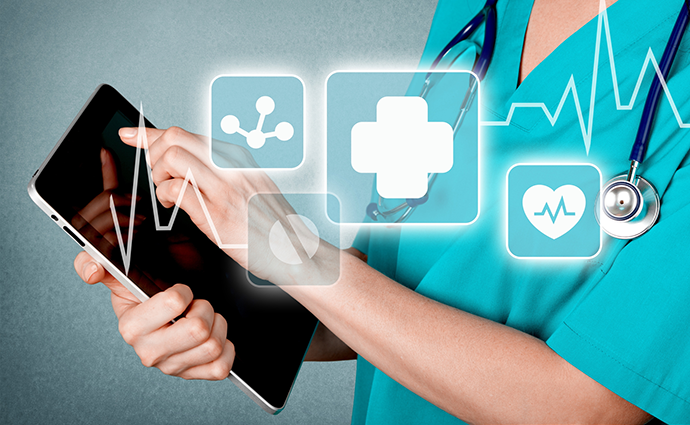Senators Seek CMS Support for Telehealth Services for Expectant Moms
A bill introduced last week in the Senate would establish Medicare and Medicaid coverage for telehealth programs that use remote patient monitoring to track the health of expectant mothers.

Source: ThinkStock
- A bill introduced last week in the Senate aims to establish Medicare and Medicaid coverage for telehealth programs that monitor the health of expectant mothers.
The Connected Maternal Online Mothering Services (MOM) Act (S.4859) would establish coverage for remote patient monitoring programs for pregnant women that track blood pressure, blood glucose and pulse rates through connected health devices. The bill was introduced by Senators Bill Cassidy (R-LA), Maggie Hassan (D-NH), Todd Young (R-IN) and Tom Carper (D-DE).
“Devices that can remotely monitor a patient’s vital signs can help support the health and wellbeing of pregnant women and ensure the health of their baby, which is especially important for women who have difficulty accessing regular pre-natal care,” Hassan said in a joint press release. “As we have seen during the pandemic, access to remote health care is essential to strengthening maternal health in New Hampshire and across the country. I will keep working across party lines to help expand Medicaid coverage to ensure that health care providers can continue monitoring a pregnant patient’s health even from afar.”
The bill targets the growing popularity of RPM programs that assist healthcare providers in keeping track of patients outside the hospital, clinic or doctor’s office. In this case, it would require the Centers for Medicare & Medicaid Services (CMS) to support programs that monitor expectant mothers at home, through either Medicare or state Medicaid programs.
The lawmakers said the bill was inspired by the Connected Maternity Online Monitoring (MOM) Program launched in 2017 by the New Orleans-based Ochsner Health system, one of the top health systems in the country for connected health programs.
The program equips mothers-to-be with an mHealth-enabled scale, blood pressure cuff and at-home urine protein test kit, and establishes a telehealth platform so that they can collect and transmit data through a smartphone to care providers. The data is integrated with the patient’s electronic health record and reviewed on a daily basis by a care team.
“Connected MOM is an opportunity to extend prenatal care beyond the physician’s office and make care more convenient for our patients,” Jody Morris IV, MD, chairman of women’s services at Ochsner Baptist, said in a 2107 press release. “Monitoring an expectant mother’s weight and blood pressure are two key components for a healthy pregnancy. Through this program, issues such as high blood pressure or excessive weight gain can be identified earlier, not just when a woman shows up for her routine prenatal appointment. We can identify patient trends which can improve quality of care, reduce cost and enhance the patient experience.”
The MOMS Act aims to support programs like Ochsner’s by improving Medicare and Medicaid coverage for those services.
“Research indicates that roughly 60 percent of maternal deaths in the United States can be prevented through patient care, education, and timely interventions,” Young said in the press release. “The Connected MOM Act will help improve care and identify potential issues before they become life-threatening.”
